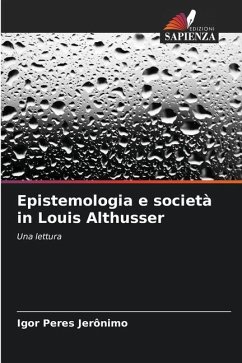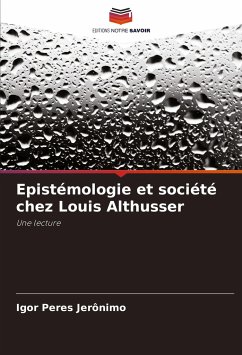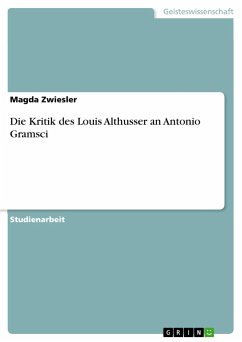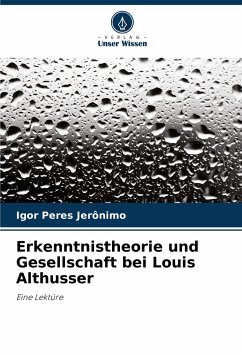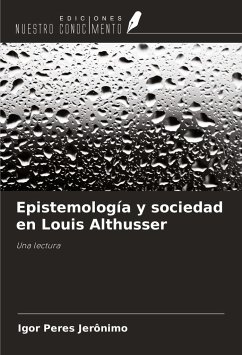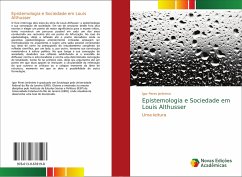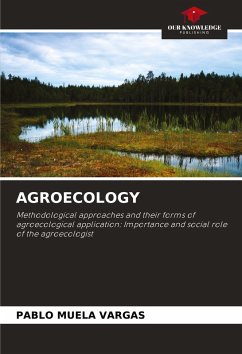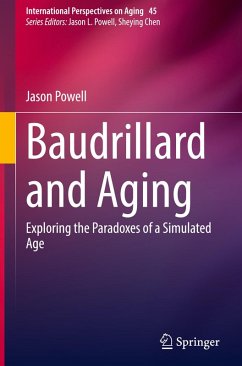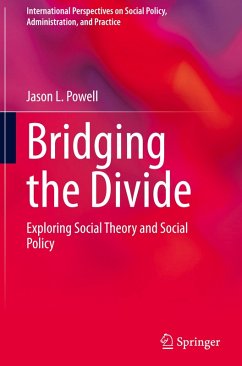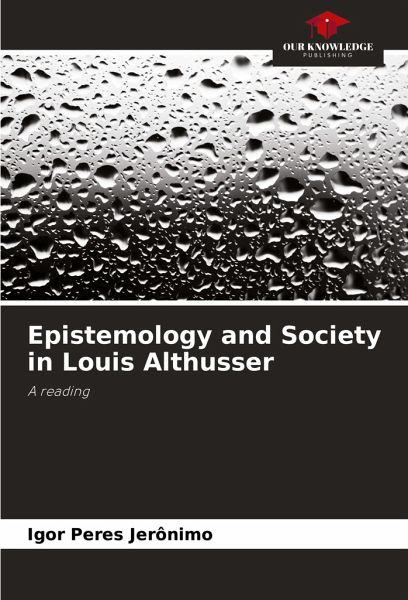
Epistemology and Society in Louis Althusser
A reading
Versandkostenfrei!
Versandfertig in 6-10 Tagen
27,99 €
inkl. MwSt.

PAYBACK Punkte
14 °P sammeln!
The book interrogates two axes of Louis Althusser's work: epistemology and his conception of society. Rather than sectioning off his writings and choosing a point of greatest significance for critical examination, I try to reconstruct a possible path along each of the axes by leading his reasoning to a bifurcation point. In the case of epistemology, I direct the reflection to the final point where the previously criticised epistemological guarantees threaten to be reintroduced into the argument and suggest a possible way out by connecting his idea of a cut to the presupposition of the congenit...
The book interrogates two axes of Louis Althusser's work: epistemology and his conception of society. Rather than sectioning off his writings and choosing a point of greatest significance for critical examination, I try to reconstruct a possible path along each of the axes by leading his reasoning to a bifurcation point. In the case of epistemology, I direct the reflection to the final point where the previously criticised epistemological guarantees threaten to be reintroduced into the argument and suggest a possible way out by connecting his idea of a cut to the presupposition of the congenital unfinished nature of scientific reflection, on the one hand, and on the other, I tension his construction by referring it to the political sphere. With regard to his conception of society, I unfold his reflection by emphasising Althusser's attack on structuralism and a certain conception of totality. As I did with the first axis, I direct his argument to a point where two options become apparent: the circularity of reiterating what was once criticised or the immanent collapse of the idea of structure, at which point the possibility of another formulation opens up.





